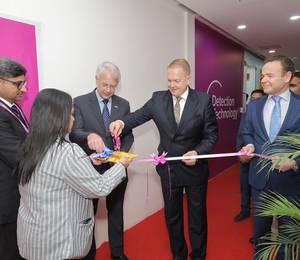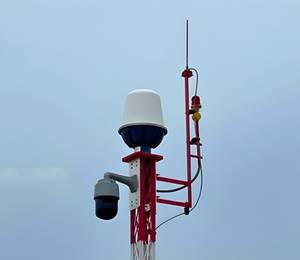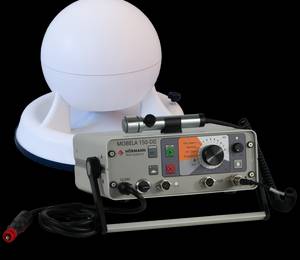Nokia and SoftBank Corp are claiming to have become the first to have successfully completed tests demonstrating use of non-standalone 5G to commercially operate connected cars.
Finnish communications technology and service provider Nokia’s ambition is to ensure that 5G technology can be fully utilised in the future connected car market, which is projected to reach more than $225bn in value by 2025.
Nokia believes 5G will be capable of delivering the speed and capacity required to ensure vehicles can communicate and interact safely and efficiently on road networks. It regards deploying high-bandwidth and low-latency 5G networks as essential for delivering the benefits of the next generation of road vehicles, whether they are connected or fully autonomous.
The test used equipment from Nokia’s end-to-end 5G portfolio, while Japanese operator SoftBank Corp installed non-standalone 5G networks suited to connected vehicle testing at a Honda research and development site in Kamikawa-gun, Hokkaido, Japan. The trial was a first step in deploying Nokia’s 3GPP Release 15-compliant using commercial-level 256QAM high-order modulation and 4x4 MIMO radio equipment network equipment.
As part of the trials, SoftBank Corp tested four use cases, including the transmission of location information of surrounding vehicles at intersections with poor visibility, the identification and notification processes for falling objects on the road, as well as and the transmission and secondary use of high-quality 4K video and images taken from the in-vehicle cameras.
“These trials demonstrate that 5G technology can be successfully, safely and efficiently utilised in the connected car market,” said John Harrington, head of Nokia Japan, commenting on the trial. “We look forward to further develop research in this exciting space and bring 5G-connected mobility solutions to the roads.”
The trial comes at a time for bold predictions for the success of self-driving vehicles. According to the latest DossierPlus report from Statista, a tenth of vehicles worldwide will be self-driving by 2030 and the market volume is expected to be worth $13.7bn.
Despite its evident bullishness for the development of the market, Statista added the caveat that market growth depends on the speed of consumer acceptance and the manufacturers’ ability to scale up production. It added that many consumers see attacks from hackers as the main barrier to autonomous vehicle adoption, with four-fifths of consumers not trusting self-driving cars to provide enough vehicle security, and more than 70% believing autonomous vehicle systems will not be safe from hackers.
In addition, Qualcomm Technologies used the recent CES consumer electronics show as a platform for its advances in in-vehicle systems. The chip giant launched a new platform, Qualcomm Snapdragon Ride, to accelerate autonomous driving, and has entered into a partnership with Sasken Technologies to extend engineering and customisation support for its automotive customer base.











